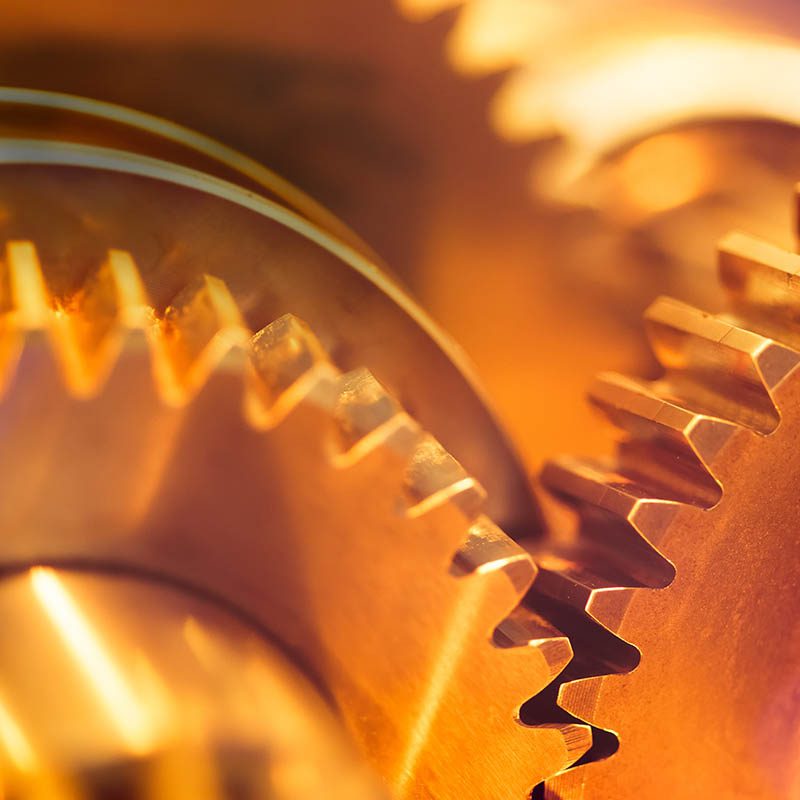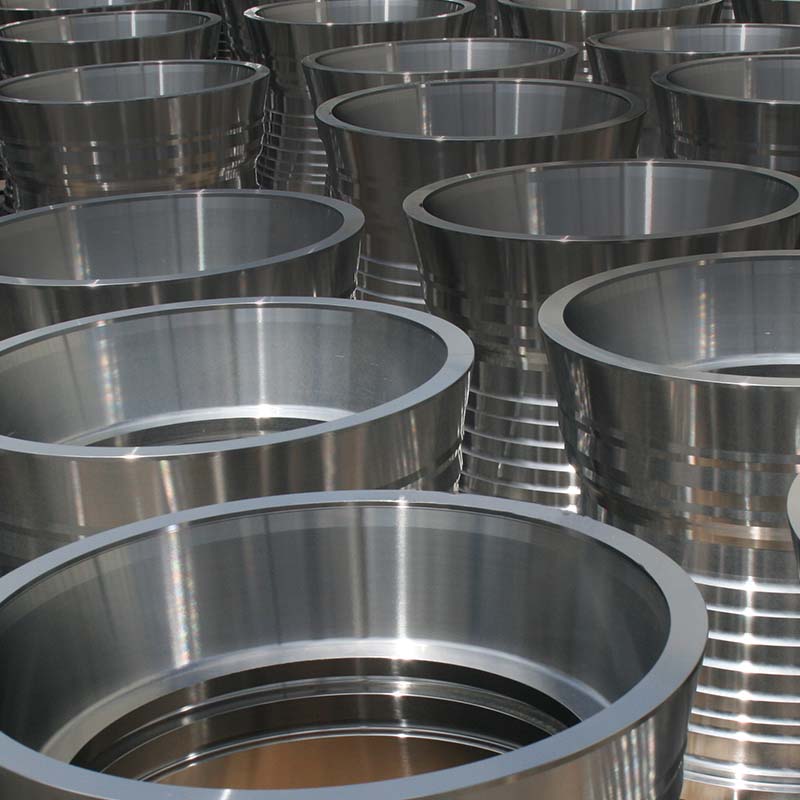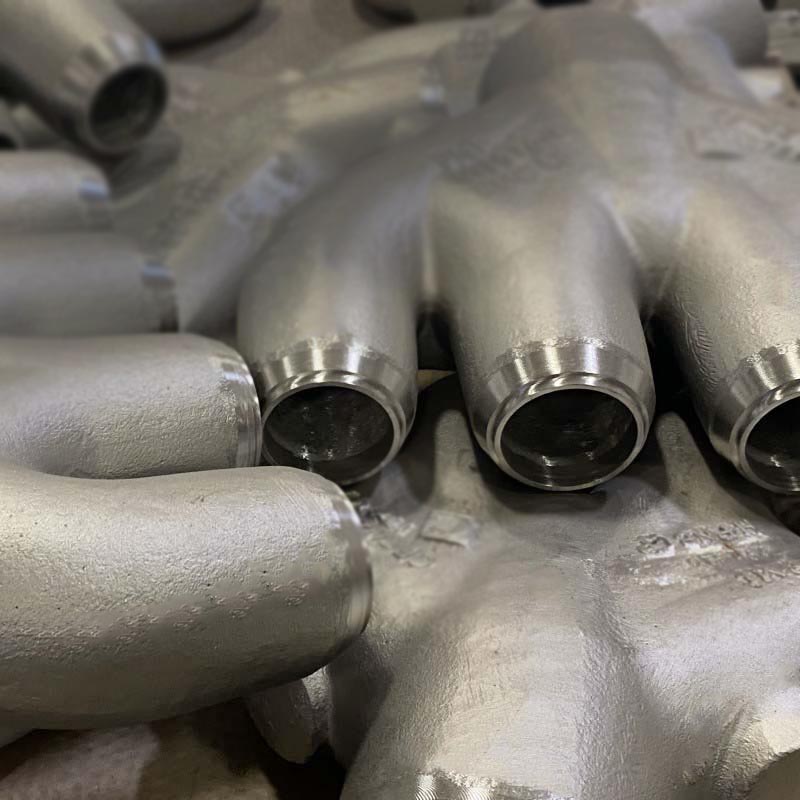Overview
J91631 is a "400 series" stainless steel alloy that offers a combination of high strength and good corrosion resistance. Its composition, containing up to 14% chromium and 2.2% nickel, contributes to its ability to withstand both mechanical stress and corrosive environments. As a member of the 400 series, J91631 typically exhibits greater hardness compared to 300 series stainless steels, making it more resistant to wear and abrasion. This alloy is a valuable choice for applications where a balance of strength, hardness, and corrosion resistance is required, particularly in environments where components may be subjected to moderate wear and tear.
Typical Uses
Aerospace, bearings, bushings, chemical and food processing equipment, conveyor rollers, cutlery, impellers, medical devices, pump and valve components, turbine engine parts.
MetalTek Designation
MTEK CA20NW
Poured At:
Sandusky International Division, Wisconsin Centrifugal Division, Wisconsin Investcast Division
Similar Specifications
Cast UNS: J91631
Wrought UNS: S41800
Wrought Grade: Greek Ascoloy®
Cast Grade:
Military/AMS: AMS 5354
* AMS specifying investment casting.
Typical Chemical Composition (% by wt.)
Aluminum: n/a
Carbon: 0.15-0.20
Chromium: 12.0-14.0
Manganese: 1
Iron: BAL
Copper: n/a
Nickel: 1.8-2.2
Lead: n/a
Tin: n/a
Silicon: 1
Zinc: n/a
Other: W 2.5-3.5; Mo 0.50 MAX
Minimum Mechanical Properties
Heat Treatment: Anneal
NOTES: Brinell value is MAX.
Frequently Asked Questions
Martensitic steel is a magnetic stainless steel that is heat-treatable and used for applications requiring high hardness.
Martensitic steel is used in chemical and food processing equipment, impellers, turbine engine components, and wear-resistant parts where hardness and strength are critical.
Austenitic steel is non-magnetic, corrosion-resistant, and ductile. Martensitic steel is magnetic, harder, heat-treatable, and more wear-resistant but less corrosion-resistant.
Martensitic steel offers high hardness, wear resistance, and strength after heat treatment, ideal for demanding mechanical applications.
Yes, martensitic steel can be heat treated through quenching and tempering to increase hardness and mechanical performance.
Yes, martensitic stainless steel is magnetic due to its body-centered tetragonal (BCT) structure after quenching.



